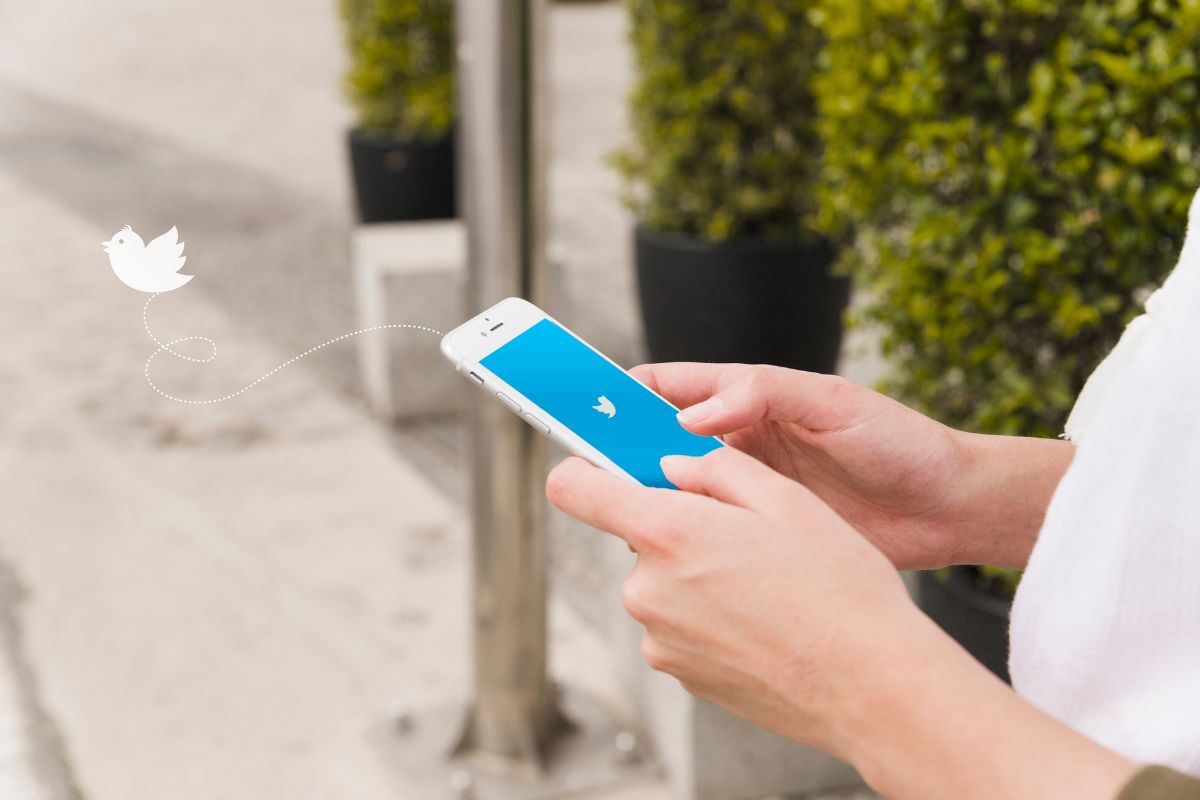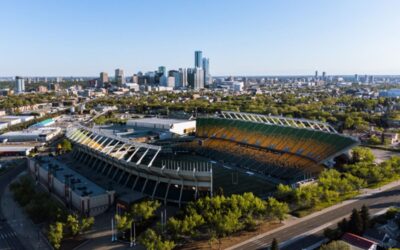A 2019 study suggests social media has a positive effect on relations between politicians and their citizens. The study states that social media “encourages political participation of citizens.” We’re more interconnected than ever now. As such, our relationship with those who lead us has changed.
Only ten years ago, you’d have to tune into the daily news or read articles to get a glimpse behind the curtain. Even then, it was only a brief glimpse that didn’t really give you an idea of how the government worked. With the rise of social media, it’s almost mandatory that politicians are present online. This makes the government more transparent than ever.
To get more votes, politicians now need to bring interesting personas to their campaigns. The days when you could get a job in politics without having an interesting personality are gone.
For example, Alexandria Ocasio-Cortez gained her position in the US government by utilizing the power of social media. Cortez wouldn’t have been able to afford to break into politics without it. That said, as this practice becomes more commonplace, there’s also a greater risk of harassment.
As is the case with the 2020 incident involving Ezra Levant and Steven Guilbeault.
Levant vs. Guilbeault
Ezra Levant is a Canadian Conservative media personality and co-founder of Rebel News. In 2020, he called Canadian MP Steven Guilbeault a “convicted criminal” on Twitter, referring to an instance of public mischief in 2002. Guilbeault then blocked Levant.
Levant claimed that this action infringed upon his freedom of expression, which resulted in Levant attempting to sue the politician. His lawyers argued that Guilbeault (or his social media team) could have muted Levant. In this case, Guilbeault wouldn’t see his comments, but Levant would still be able to make them. Had they done this, Levant wouldn’t have had any grounds to make this claim. And had he not called Guilbeault a criminal, he may have won his case.
The Brassard Incident
Conservative politician John Brassard experienced a similar incident. Brassard’s social media team blocked a woman after she claimed she’d show up at his campaign events to protest. They claimed this was a “threat of harassment” when they were taken to court.
Peacefully protesting at a campaign event is not harassment. It’s a right. Politicians have advertised their campaign events since the creation of democratic elections. And social media has only made that easier. When politicians try to stop their citizens from getting this information, it feels like they’re hiding something regardless of whether or not they are.
Should they be allowed to ban people?
Levant made the argument that he was fighting for freedom of the press. But it’s not about that anymore. Instead, it’s about freedom of expression. So our new question is, “Should politicians be allowed to block people on social media?”
Freedom of expression is a charter right. When a politician stops you from doing so publically, it’s a violation of that right. Especially when you’re doing so in what’s widely considered the new public square.
The United States Supreme Court ruled that social media websites are part of the public square. This means that accounts associated with government officials are not allowed to block American citizens. We should adopt something similar in Canada.
That isn’t to say politicians should only have official government accounts. We should take another page from American politics here. Privacy is a charter right. Politicians are citizens with the same rights as the rest of us. It’s only fair that they should be able to have an online outlet that’s free from the prying eyes of the public. Just like us, they have family and friends that they enjoy talking with outside of work. We hold politicians to a much higher standard than others in our personal lives. So refusing to let them have a life outside of work feels very un-Canadian to me.
In fewer words, no.
Politicians should not be allowed to block their citizens on their professional social media. However, they should be allowed to have private accounts for family and friends.





